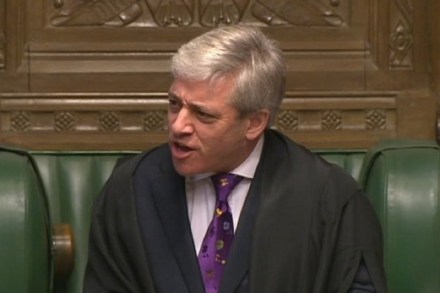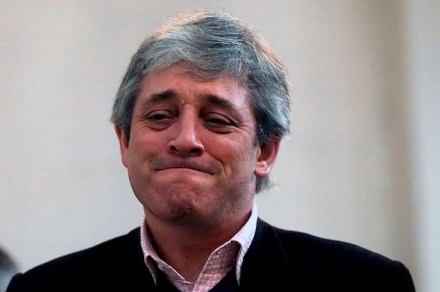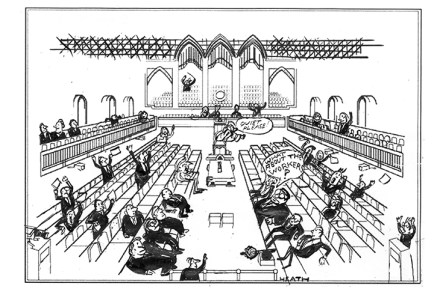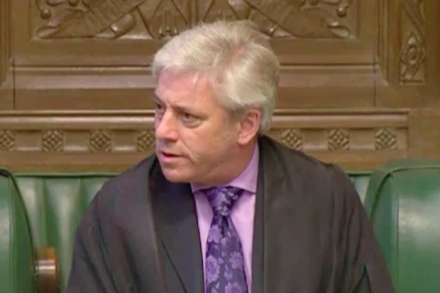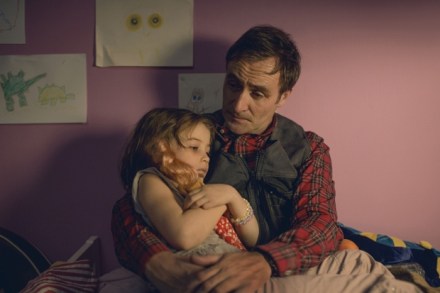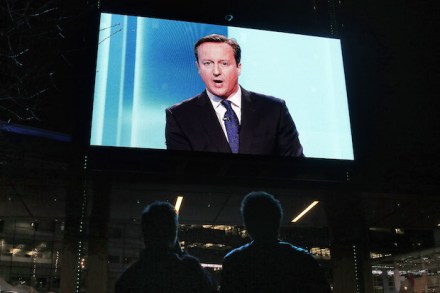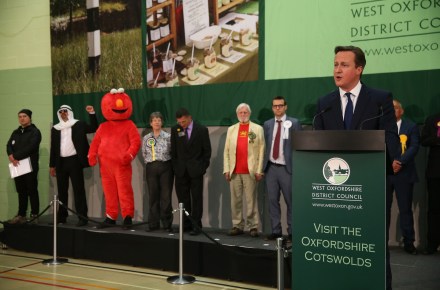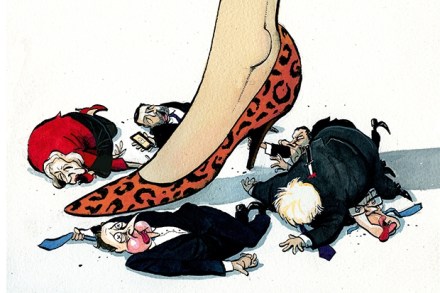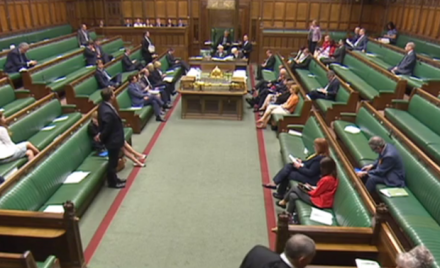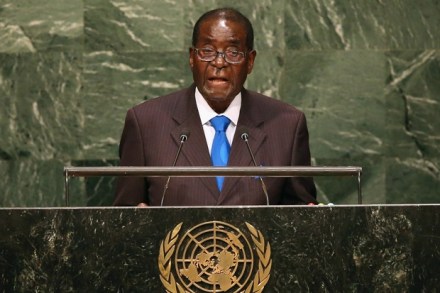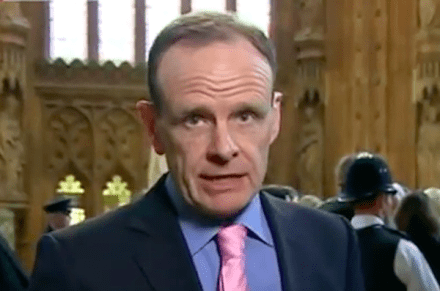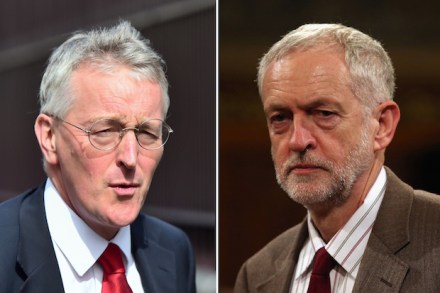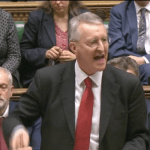Barometer | 6 December 2018
Big defeats Could the vote on the Brexit deal set a record for a government defeat in the Commons? Aside from opposition day motions and other votes where nothing substantive is at stake, the post-1945 record is shamefully held by MPs who voted against the Major government’s attempt to limit pay rises for MPs (motion lost by 215 votes). Other hefty defeats (with the margin of defeat): 1978 (Labour, Jim Callaghan) Opposition amendment demanding income tax basic rate be cut from 34% to 33%, 108 votes.} 2014 (Coalition, David Cameron) Under-occupancy rules for social housing, 75 votes. 1978 (Labour, Jim Callaghan) Clause on Wales devolution referendum, 72 votes. 1975 (Labour,


